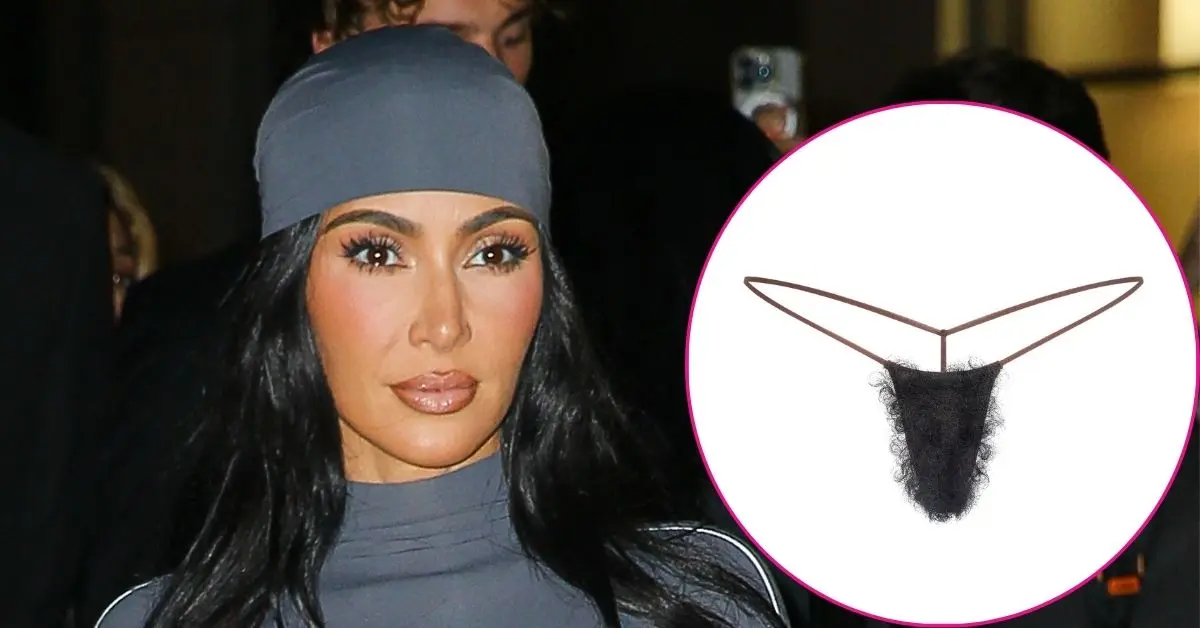The Chinese internet is ablaze with anger as scandals concerning privilege unfold, exposing deep-seated frustrations among the youth. High-profile cases involving actresses and graduates have ignited widespread scrutiny and prompted investigations into academic integrity and the abuse of familial connections.
One such figure, actress Nashi, previously poised for success with roles in major films, saw her career falter when her academic credentials were called into question. Allegations surfaced that she leveraged her mother's connections to gain entry into a prestigious drama program, raising concerns about the fairness of her academic achievements, particularly as millions prepared to take the grueling Gaokao university entrance exam.
The intense reactions are not limited to Nashi. Recent high-profile scandals have implicated various individuals, including a Harvard graduate and a doctor embroiled in allegations of favoritism and academic misconduct. An example includes Ms. Dong, whose rapid rise and questionable accolades provoked national outrage after revelations about potential cheating in her medical education.
As economic struggles mount and youth unemployment rises, frustrations grow over the inequitable structures that seemingly favor the well-connected. Young people voice their discontent through social media, questioning the validity of hard work in carving pathways to success when privilege appears to dominate.
Moreover, the government's attempts to mitigate these feelings through rapid investigations have not assuaged public anger. Celebrated for being progressive, the discussions reveal a disillusioned generation that feels marginalized by a system where wealth and connections dictate success.
This discontent has led to broader dissatisfaction with the political narrative of "enduring hardship for national rejuvenation," with many young citizens challenging the status quo, highlighting their struggles against the elites. As the divide between ordinary citizens and the affluent becomes more pronounced, the sentiment of unfairness permeates discussions, prompting calls for change in a society that holds ancient wisdom in high regard yet struggles with modern inequities.
In this landscape where privilege and hard work collide, the Chinese youth are navigating their paths while demanding an examination of the structures that perpetuate inequality, igniting a cultural conversation that seeks balance and fairness in the pursuit of success.






















